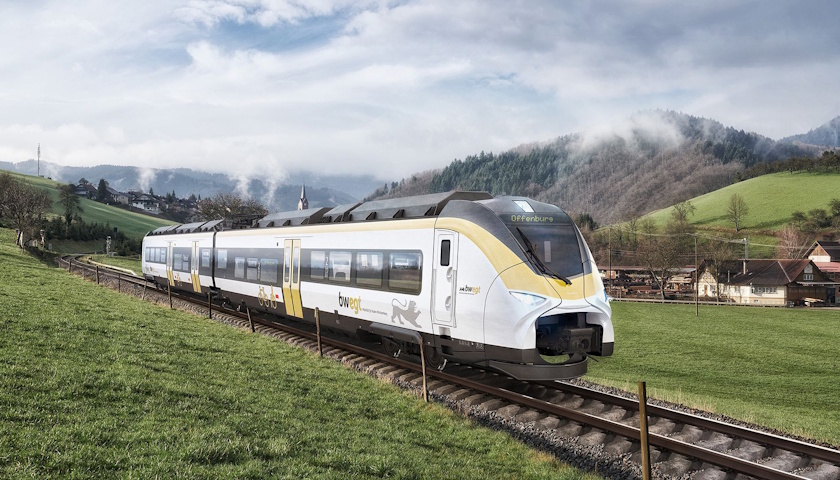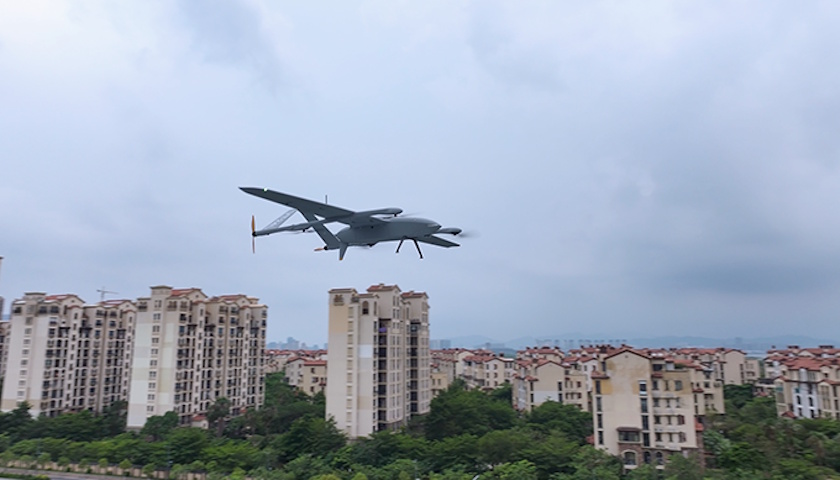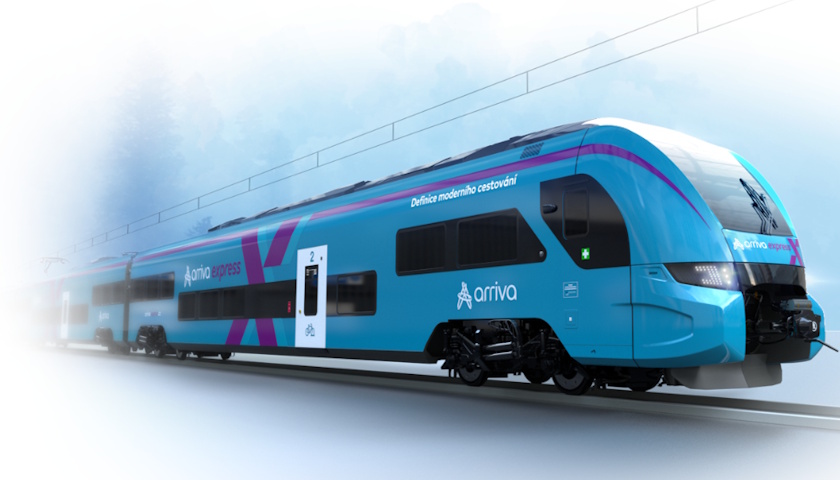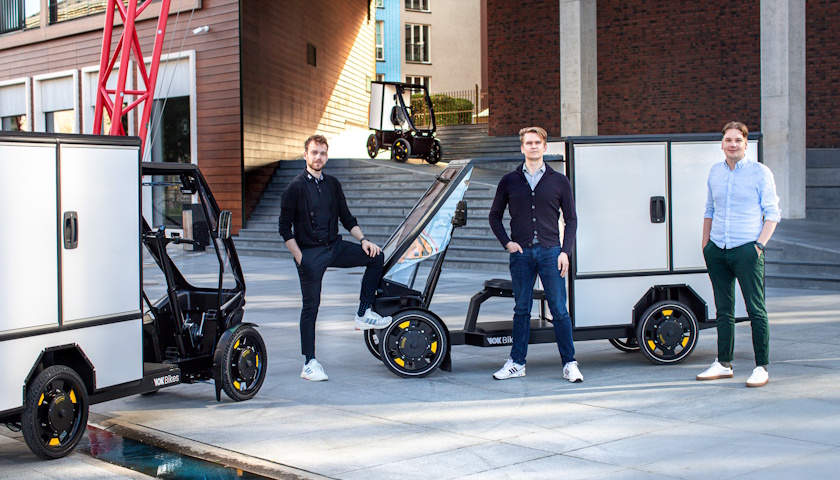Siemens Mobility has officially presented its low-emission battery trains at the Wegberg-Wildenrath test centre in the North-Rhine-Westphalia region of Germany.
With upcoming deployment on the RE 47 line between Remscheid-Lennep and Düsseldorf Central Station from summer 2026, rail operator Regiobahn is aiming to set a clear example for climate-neutral mobility.
Smart battery trains
The three new Mireo Smart Plus B battery trains, with a range of up to 120km and a top speed of 140km/h both in overhead line and battery operation, replace the previously operating diesel vehicles, enabling almost emission-free rail transport on this important commuter route. They have 122 seats, multi-purpose areas, and a separate first class with eight seats. They also offer barrier-free access and have space for 12 bicycles. The trains also feature Siemens Mobility’s high-frequency window solution, which reportedly significantly improves mobile phone reception on the trains.
Through collaboration with Smart Train Lease, a specialist in rail vehicle solutions, the procurement could be realised “quickly and efficiently”, Siemens claims.
“We are very pleased to be able to offer our passengers on the RE 47 line a reliable alternative again next year,” said Götz Nink, managing director of Regiobahn. “The Mireo Smart BEMU trains are the right solution in terms of availability, comfort, and emission-free mobility, and our employees will receive a modern working environment.
“After three years of painful use of rail replacement services, we are confident in offering an attractive connection between Remscheid and Düsseldorf. The battery-electric Mireo Smart is perfect for the challenging route with the non-electrifiable Müngstener Bridge.”
The trains will be maintained by Siemens Mobility as part of a full-service contract, which guarantees almost 100 per cent availability in daily operations. In future, preventive and corrective maintenance will be carried out at Siemens Mobility’s Dortmund Rail Service Centre, one of the most modern maintenance facilities in Europe. Siemens Mobility uses digital services from the Railigent X platform to continuously monitor the trains and examine them for possible faults so that they can be ordered to the workshop in Dortmund in good time for maintenance work.
“Since January, VRR has been the majority shareholder in Regiobahn,” said Alexandra Westerkamp, chairwoman of the supervisory board at Regiobahn and head of department at VRR. “Thanks to this participation, we have succeeded in procuring new, locally emission-free vehicles for operating the RE 47 line from Remscheid via Solingen to Düsseldorf. For passengers, the transport between Bergisches Land and the state capital with the RE 47 is a great benefit. Travellers can travel directly to Düsseldorf without changing trains.”
The Mireo Smart Plus B uses the existing infrastructure with the batteries charged both while driving and while stationary without additional charging facilities. For deployment on the Düssel-Wupper-Express (RE 47) from summer 2026, this means: no structural adjustments, no additional investments. Thanks to silicon carbide technology (SiC), the train has particularly low energy consumption. This not only increases energy efficiency but also sustainably reduces operating costs.
The introduction of battery trains is part of a comprehensive strategy to reduce CO2 emissions in public transport and demonstrates the region’s commitment to innovative and sustainable mobility solutions.
Source: smartcitiesworld.net
Foto: Siemens




